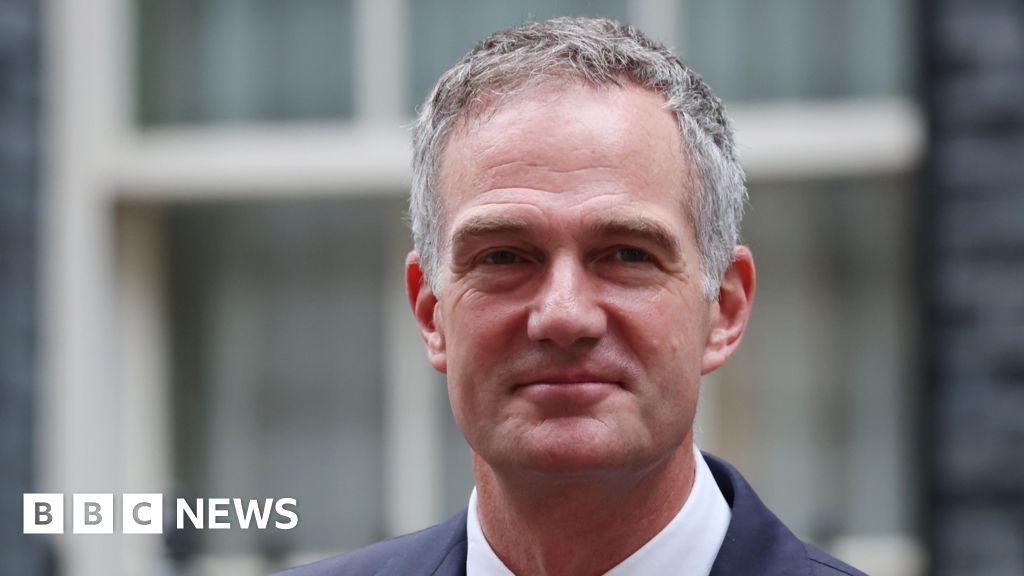By Joshua Nevett
It’s been a turbulent few months for the institute, which finds itself in survival mode in 2025.
A review last year by UK Research and Innovation, the government funding body, found “a clear need for the governance and leadership structure of the Institute to evolve”.
At the end of 2024, 93 members of staff signed a letter expressing lack of confidence in its leadership team.
In March, Jean Innes, who was appointed chief executive in July 2023, said the Turing needed to modernise and focus on AI projects, in an interview with the Financial Times.
She said “a big strategic shift to a much more focused agenda on a small number of problems that have an impact in the real world”.
In April, Chief Scientist Mark Girolami said in an interview the organisation would be taking forward just 22 projects out of a portfolio of 104.
Kyle’s letter said the institute “should continue to receive the funding needed to implement reforms and deliver Turing 2.0”.
But he said there could be a review of the ATI’s “longer-term funding arrangement” next year.
The use of AI in defence is as powerful as it is controversial.
Google’s parent company Alphabet faced criticism earlier this year for removing a self-imposed ban on developing AI weapons.
Meanwhile, the British military and other forces are already investing in AI-enabled tools.
The government’s defence review said AI technologies “would provide greater accuracy, lethality, and cheaper capabilities”.
The review said “uncrewed and autonomous systems” could be used within the UK’s conventional forces within the next five years.
In one example, the review said the Royal Navy could use “acoustic detection systems powered by artificial intelligence” to monitor the “growing underwater threat from a modernising Russian submarine force”.
The Nato spending target the UK has committed to involves spending at least 3.5% on core defence, and up to 1.5% on security-related investments.
Asked whether any government funding that goes to the Alan Turing Institute would now count towards the defence spending target, Downing Street said the 1.5% security element would include “investments that raise the overall resilience of our society”.
The tech firm Palantir has provided data operations software to the UK’s armed forces.
Louis Mosley, the head of Palantir UK, told the BBC that shift the institute’s focus to AI defence technologies was a good idea.
He said: “Right now we face a daunting combination of darkening geopolitics and technological revolution – with the world becoming a more dangerous place right at the moment when artificial intelligence is changing the face of war and deterrence.
“What that means in practice is that we are now in an AI arms race against our adversaries.
“And the government is right that we need to put all the resources we have into staying ahead – because that is our best path to preserving peace.”
Additional reporting by Chris Vallance, senior technology reporter
